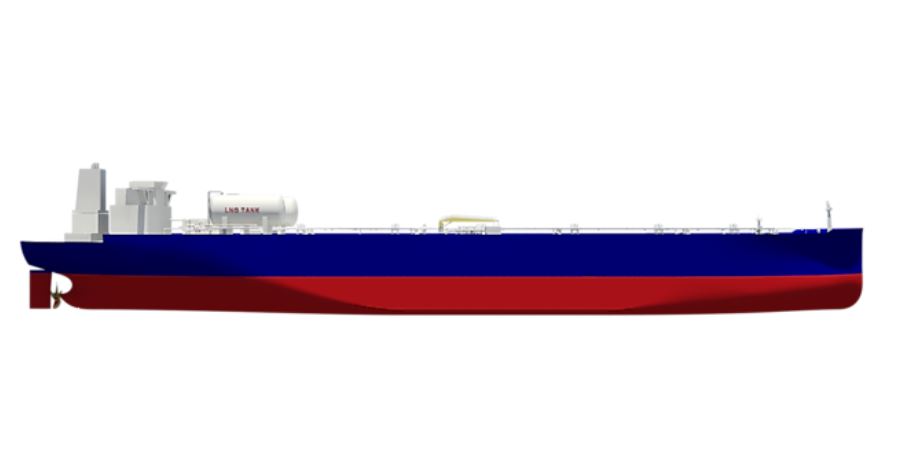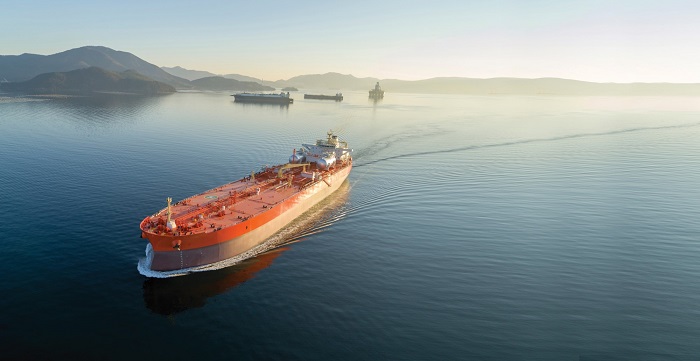Shell is continuing to expand its LNG-powered fleet and has chartered ten new very large crude carriers from three owners.
The energy giant said in a statement it would charter four LNG-powered VLCCs from Advantage Tankers, and three from AET and International Seaways, each.
South Korea’s Daewoo Shipbuilding & Marine Engineering will build all the vessels and deliver them starting from 2022.
Following delivery, the dual-fuel vessels will start serving a seven-year charter deal with Shell.

“The main engines and vessel design chosen for the ships will mean these tankers have the lowest possible methane slip and highest fuel efficiency including on average 20% less fuel consumption compared to eco VLCC vessels on the water,” Shell said.
Growing LNG-powered fleet
Shell said it continues to “significantly” invest in LNG for its long-term charter fleet with 14 in service by the end of 2021.
This order is expected to bring the total global dual-fuel LNG fleet to 475 as ship owners respond to customer calls to choose the cleanest technologies available today, Shell said.
“It is imperative that the shipping sector immediately employs the cleanest fuels available. Today and for the foreseeable future, LNG is the choice for newbuilds to ensure we are not adding heavier emitters into the global fleet while we work hard at developing zero-emissions fuels,” said Grahaeme Henderson, global head of Shell shipping and maritime.
“This significant commitment will see Shell hit a new milestone for our fleet decarbonisation with an average of 50% of our crude tankers on time charter powered by dual-fuel LNG engines once in service. There is real urgency to tackle emissions from this sector and adopting LNG while developing zero-emissions fuels options, will make a significant difference to cumulative emissions,” he said.
To remind, this new deal follows Shell’s last week’s announcement to charter a newbuild LNG bunkering vessel from Norway’s Knutsen.
Shell plans to boost its LNG bunkering business by 50 percent on international routes by the mid-2020s. The firm currently has six LNG bunkering ships in its portfolio.
The firm expects marine LNG demand to reach around 3.6 million tonnes by 2023.
In addition, Shell expects 45 LNG bunkering vessels to be in service by then.

